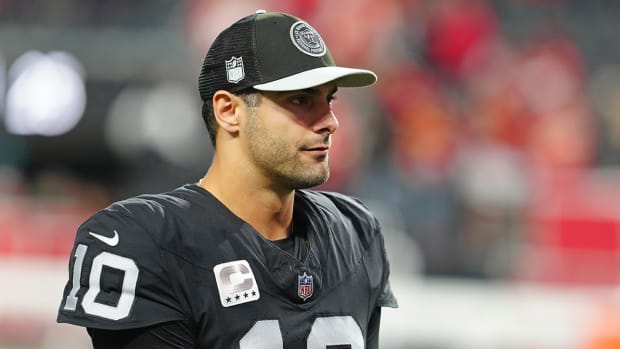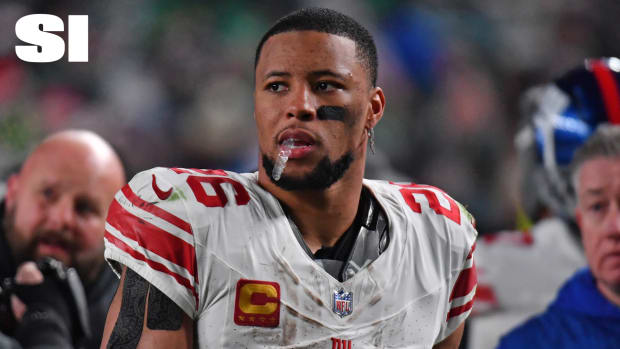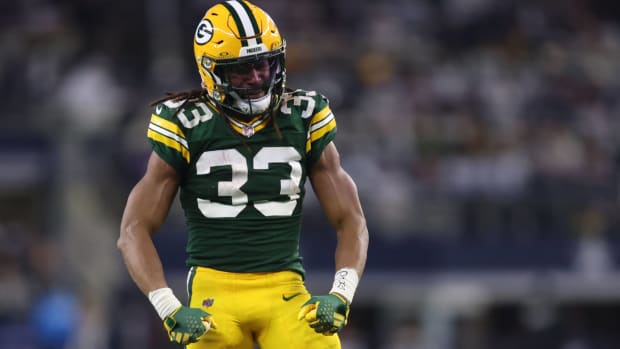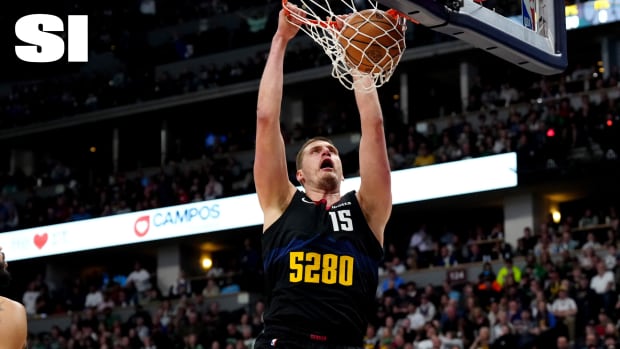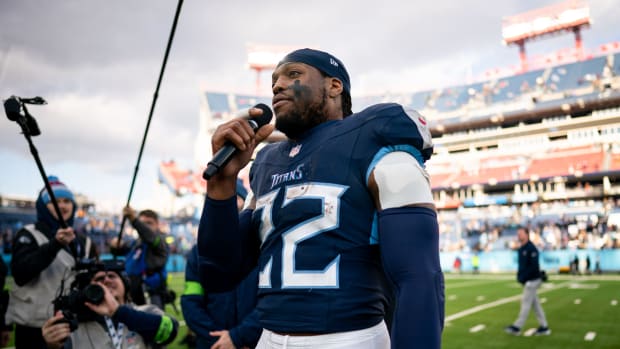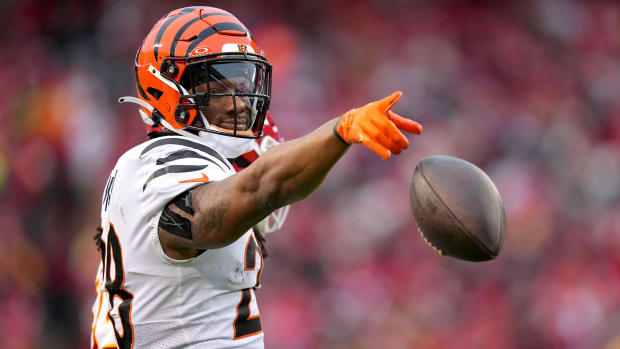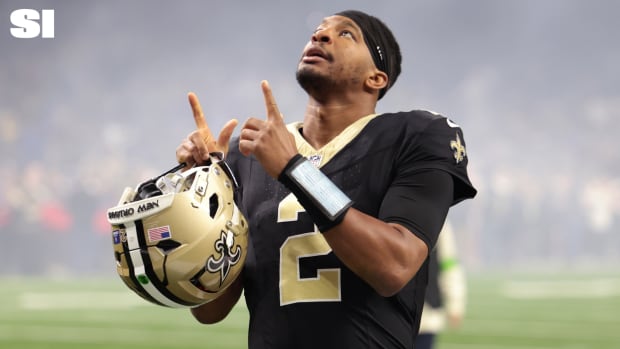Sports Leaders Need to Genuinely Care and Not Just Speak Out on Racial Injustice
Following the killing of George Floyd by a former police officer, many in the sports world and beyond have spoken out about the tragedy. As for those who haven't? Chaunte'l Powell and Corey Parson discuss with Sports Illustrated host Robin Lundberg why speaking out isn't sufficient if leaders in the sports community do not genuinely care about the issue at hand. Otherwise words will only ring hollow.
Read the full video transcript below:
Robin Lundberg: The country is reeling in the wake of the killing of George Floyd. That goes for the sports world and beyond. For more, I'm joined by our Corey Parson and Chaunte'l Powell. If these people who are supposed to be leaders are silent in this moment, what does that say?
Chaunte'l Powell: They also have to agree with the movement. It's not enough to make a statement and you don't actually feel that way because we can tell when it's just an empty quote. And a Martin Luther King, you know, meme posted. If you were really for your players, I think when you look at South Carolina, Dawn Staley has been very vocal about how this effects her, it affects her players. This affects, you know, everyone and just what kind of needs to be done. So I think we've got to look at how things played out the first time. If you were silent during Ferguson, you were silent when "hands up, don't shoot" and "I can't breathe" first came into play. And you know, you can try to drill into your players heads to respect the flag and things of that nature. I think you've already kind of shown where you stand on this issue to some extent, speaking out now, just like an obligation as opposed to, you know, you actually have your players' backs.
Robin Lundberg: That's a good point, because a lot of people were not silent after Colin Kaepernick took a knee initially. Right? I mean, I do sports talk radio. Hours and hours and hours of content of people arguing about what he did rather than why he did it. How much do you think that was a precursor to what we're seeing now, at least the reaction?
Chaunte'l Powell: I think people are kind of softened up to it. I believe, you know, the election of Donald Trump, it became, I hate to say this, almost trendy in a way to now protest, A) because, you know, people are against everything he stands for. But then I follow a lot of tweets from, you know, celebrities, white celebrities, and I'm sure and hopefully maybe well-meaning celebrity. You know, this isn't the America, this isn't the America I've seen and we're like, "Where have you been?" Because this is what we've been watching for years. So now they kind of had their awakening. And that's why I think it's a little more well-received now where people are speaking out and able to kind of side with these athletes on this issue.
